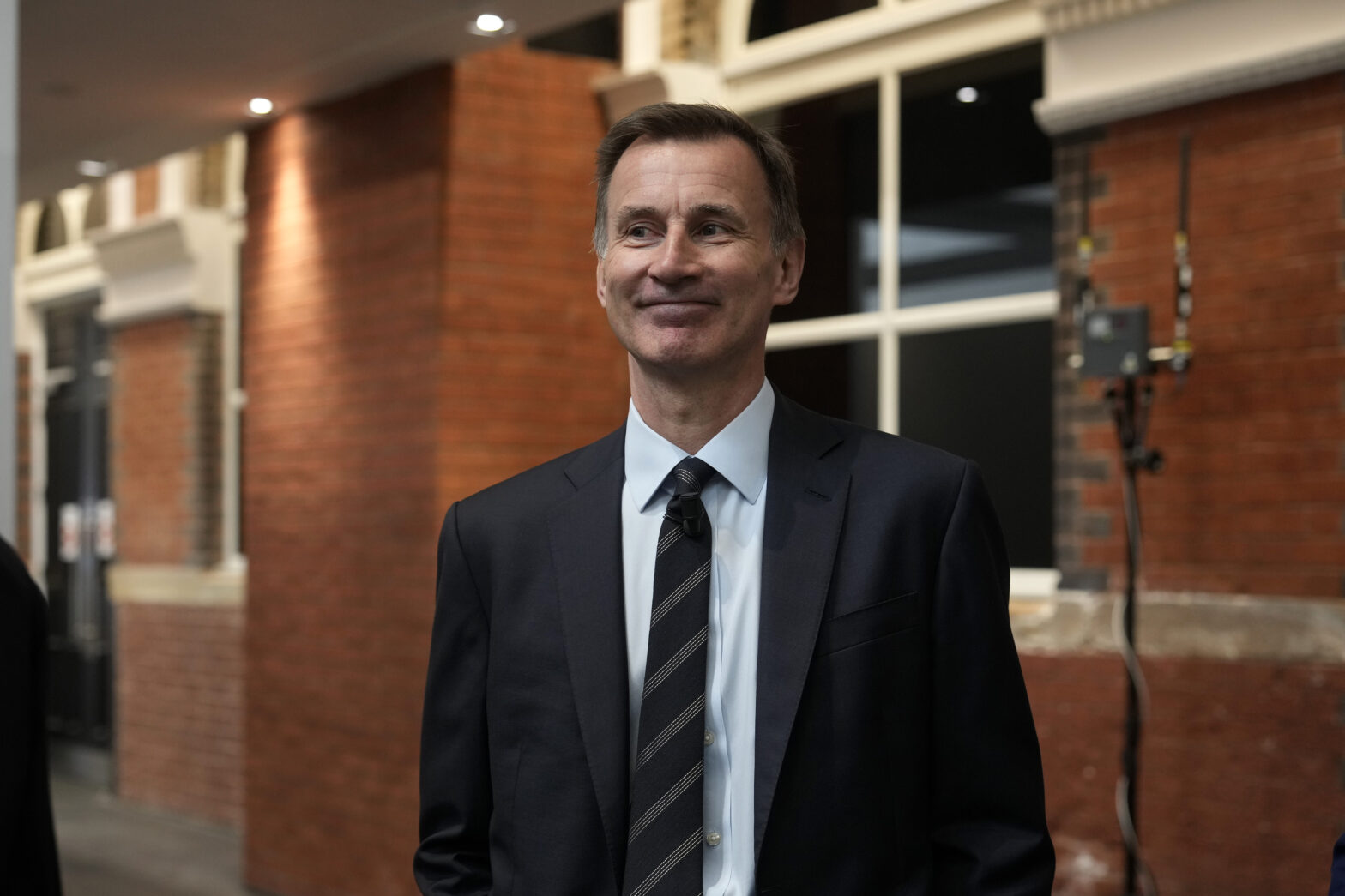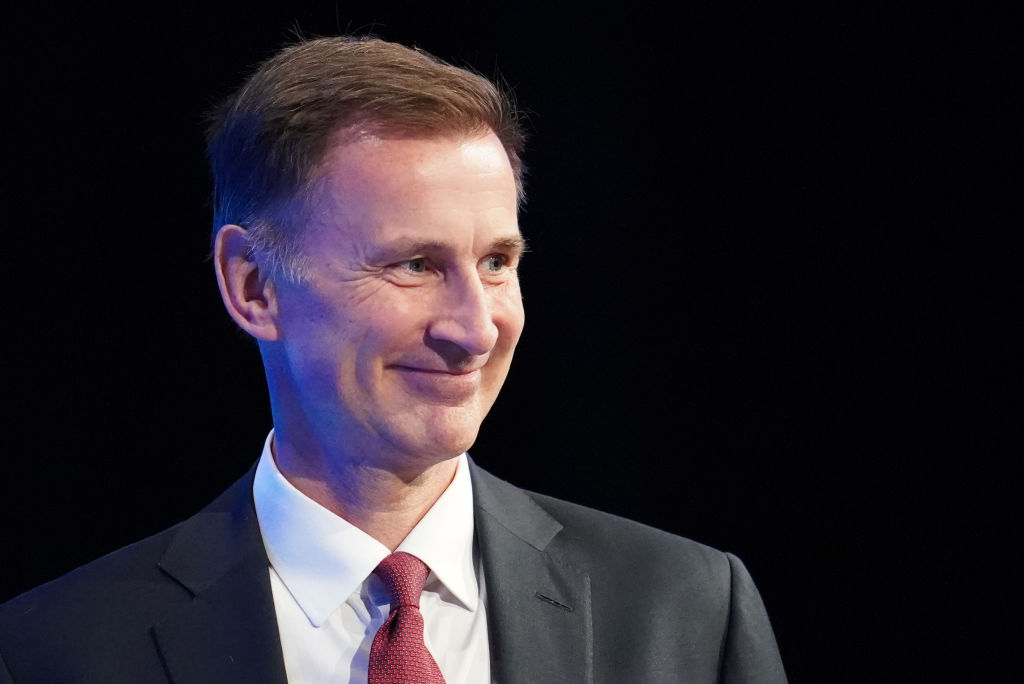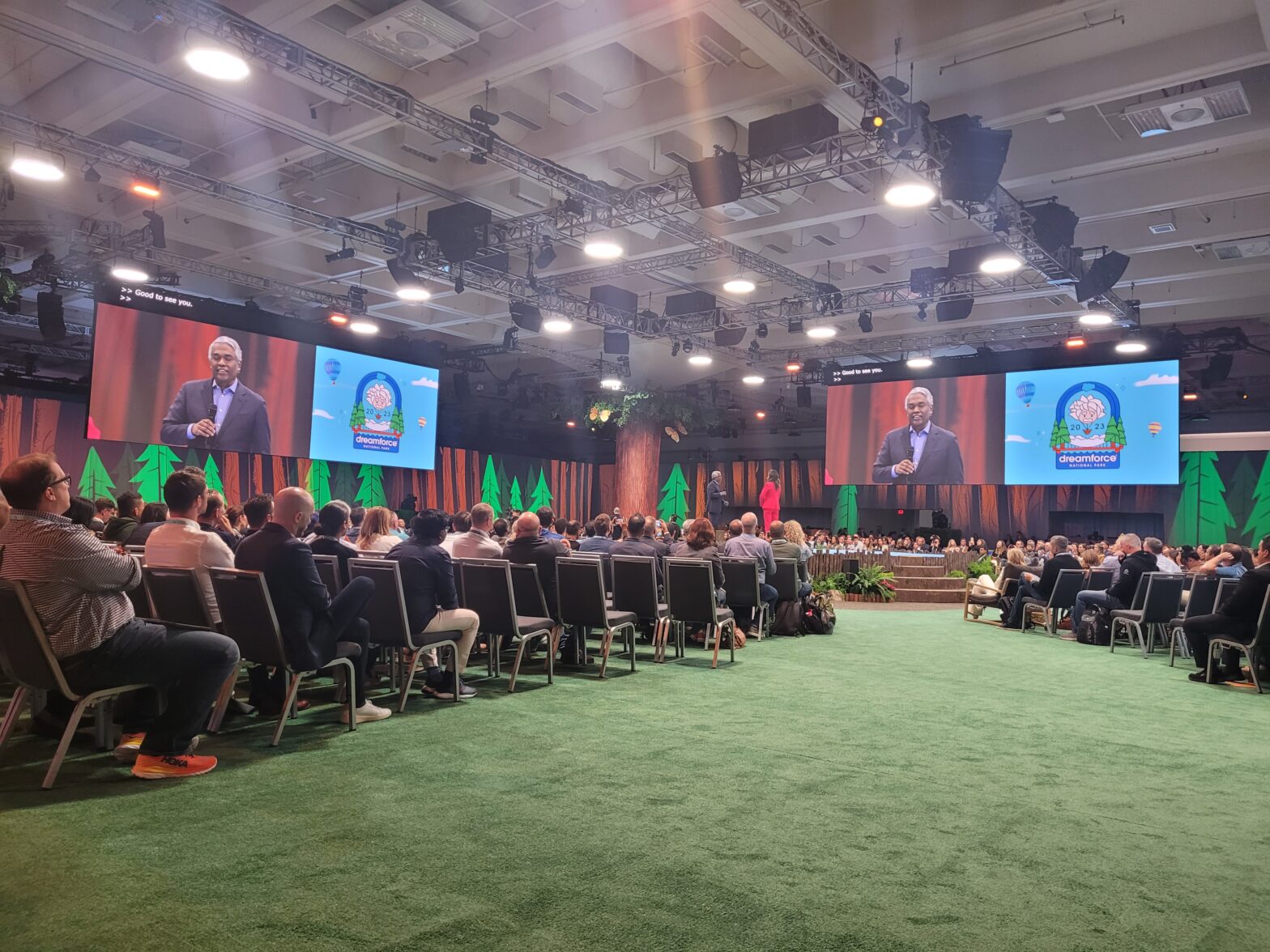The deal between the ONS and Google Cloud will allow for the processing of data from over 25 million households across England and Wales in the space of six weeks.
In addition, there are plans on the part of the Census to use G Suite, in particular Google Meet, to connect over 5,000 staff members.
The news was discussed over a video call between the ONS’ director of digital services and technology, Simon Sandford-Taylor, and Mark Palmer, head of public sector EMEA at Google Cloud.
When asked how cloud technology would be used in the Census, given the challenge of transitioning from paper-based methods to a more digitised approach, Sandford-Taylor said: “One of the challenges for censuses is that it was on paper. This time around, we’re trying to do it largely digital, although there will be a paper option.
“We’re trying to deal with 25 million households over a six week period, so what we want to try and do is find a solution that was able to cope with that kind of volume in such a tight timescale without actually falling over.
“It was obvious to us at the time that we would have to do this using a cloud provider and using technologies that were cloud-native more than bespoking everything ourselves. So what we did was we looked around and decided that Kubernetes was the basis for our build, and the Google Cloud suite of tools, including App Engine, were the best provider for us to try and rapidly ramp this up.”
Is Kubernetes becoming the driving force of enterprise IT?
This, according to Sandford-Taylor, led to a multi-cloud initiative that would evolve over time. He added: “When I started looking at this about four or five years ago, we were under the belief that we would be able to do this on true multi-cloud, which was the same code could run in any cloud, and it would stop and start the journey from one cloud to another.
“But in reality, by becoming more and more cloud agnostic, you actually lost the value of all of the point of being on cloud. So whilst we might be on the cloud for support, we wouldn’t have actually been able to use any of the underlying features.
“So the common base that we’d start with was Kubernetes, and as my tech guys looked into it, the best supported option at the time that we made a choice and still is it was the Google Cloud Platform.”
In regards to the goal of improving connections amongst its workforce, Sandford-Taylor revealed that while ONS staff have been well prepared to work remotely, video calls proved challenging on occasion.
“We did struggle slightly with this kind of call – the video call – amongst colleagues, and we had provision through Google Cloud to use G Suite for our census operations.
“We managed to leverage that to roll out just over 5000 Google Meets to our entire staff. So within another week, we actually had backup video conferencing facilities and full on broadcast facilities across the office, which have been well received.”







